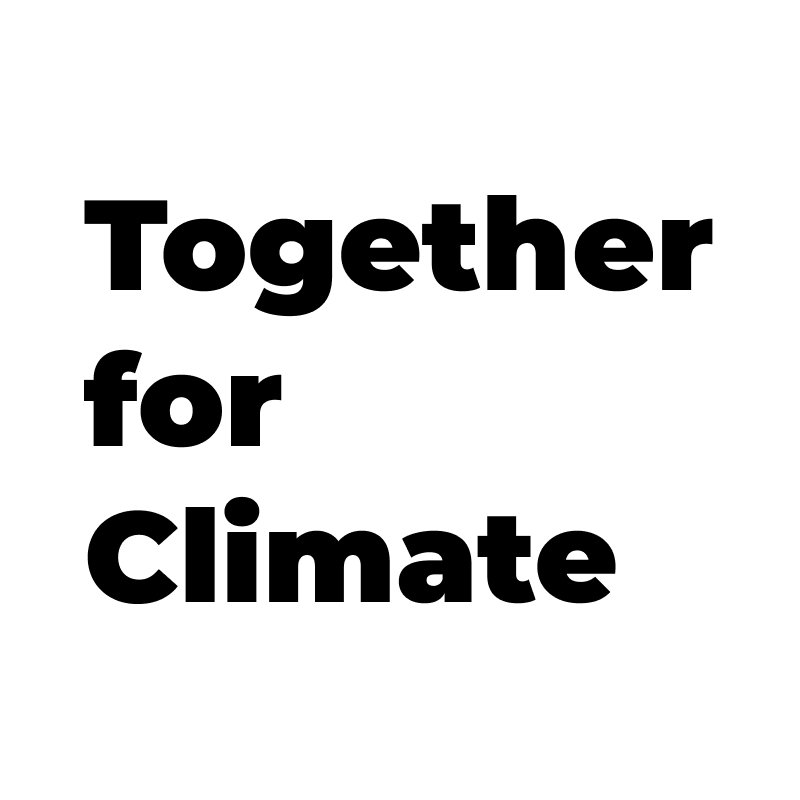Should we be blaming cows for climate change?
Is it time that we reconsider our focus on the climate impact of cattle and redirect our attention toward the primary source of industrial emissions: fossil fuels? Of course, there are very valid reasons why the cattle industry should be considered but should it be the main focus of discussion? With so much talk of reducing cattle numbers and promoting plant-based diets as climate solutions, we may have overlooked the larger issue at hand. So, let's explore whether or not we've been focusing too much attention on one thing whilst ignoring other aspects.
You can't have a conversation about climate change without the fact that cows significantly contribute to global warming through methane emissions and land use being brought up. Whilst the reality may be a little bit more nuanced than this. Some even believe that properly managed, grazing livestock could actually serve as part of the solution to climate change, aiding in climate and biodiversity preservation - however, this is very debatable. It has to be noted, however, that the fixation on cattle's climate impact may be distracting us from more pressing priorities like reducing reliance on fossil fuels and reforming farming practices. It seems like we're giving the oil tycoons an easy pass, sometimes.
Of course, cows indeed emit methane during digestion, but methane behaves differently in the atmosphere compared to carbon dioxide - the latter being much more detrimental to our earth. To get scientific, methane emissions from livestock represent a cyclical flow rather than a stock increase, and their contribution to overall greenhouse gas emissions is relatively minor in comparison. This doesn't necessarily mean that the issue of cattle should be dismissed but perhaps looked at a little differently.
The Amazon rainforest's deforestation is primarily driven by soy production rather than beef farming. The expansion of soy cultivation, driven by its profitability and demand for vegetable oil and animal feed, has far-reaching environmental consequences. This, obviously, means that rather than focusing on the cattle itself, more of a focus on sustinable ways to harvest the food should be considered. The idea that plant-based diets are driving the deforestation of the Amazon rainforest is a distraction from the real issue.
There are multiple arguments regarding water usage and land allocation for pasture versus crops that often, arguably, oversimplify the complex dynamics of agricultural ecosystems. It could be argued that grazing animals can efficiently convert otherwise unusable grasslands into nutrient-rich food, contributing to food security and ecosystem health. Of course, the overconsumption of beef, meat, and food in general is a big issue in the world right now, though. Perhaps a look at our diets, how much we eat, and the food we feed the cattle should be considered. For instance, meat-free Mondays are said to be equivalent to not driving to work for a whole month. Little changes like this can be incredibly important.
Rather than putting all the blame onto cows, we should recognise that they may play a role in maintaining healthy ecosystems and explore sustainable farming practices that leverage their unique biological functions. Cutting back on meat and finding ethical and better ways to farm and feed cattle is also essential. We should begin by addressing the root causes of climate change, particularly industrial emissions, and then this way we can foster positive outcomes for both the environment and animal welfare. It's time to prioritise comprehensive solutions over misguided scapegoating (this also includes blaming plant-based diets), ensuring a more equitable and sustainable future for all.
